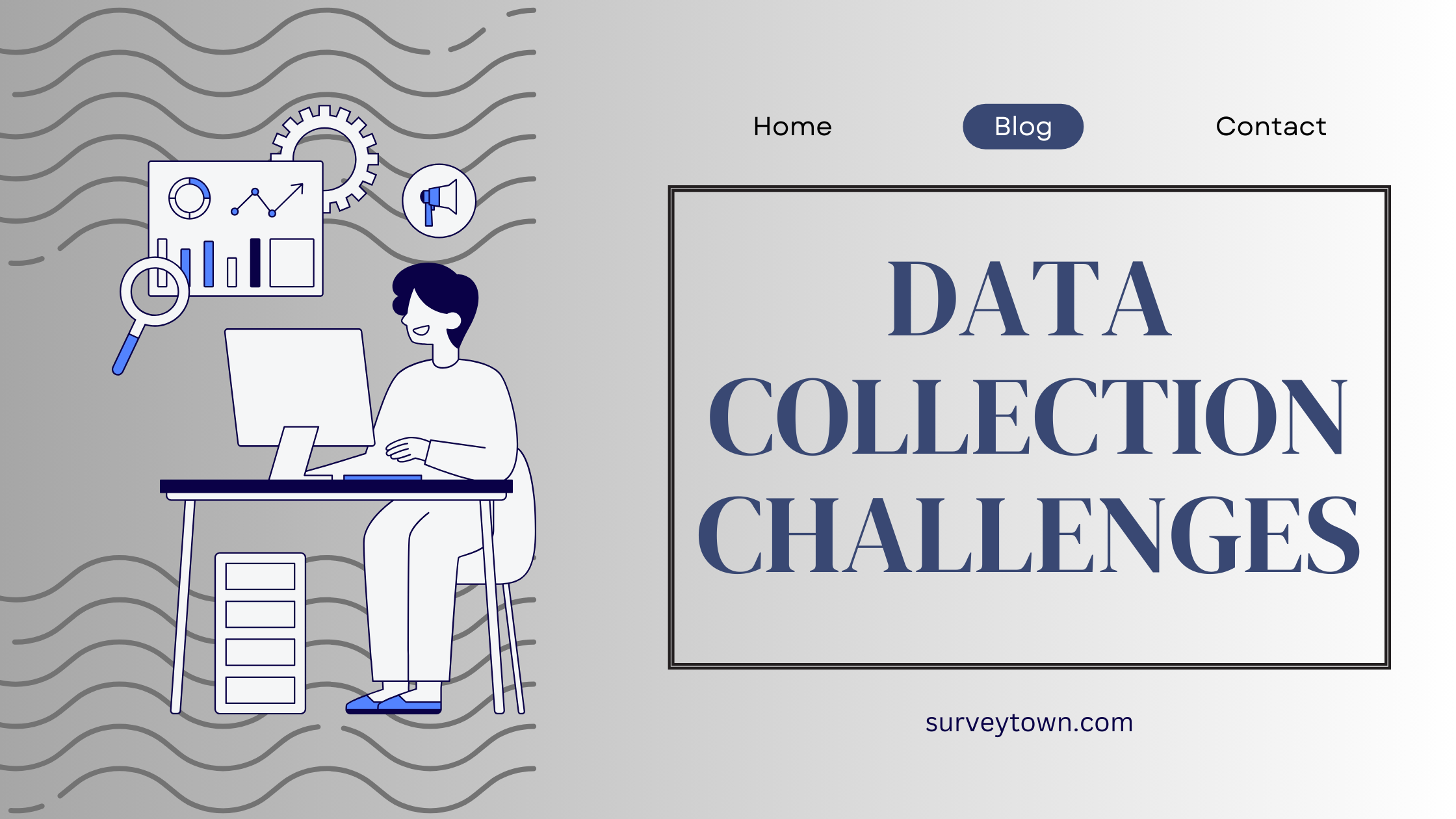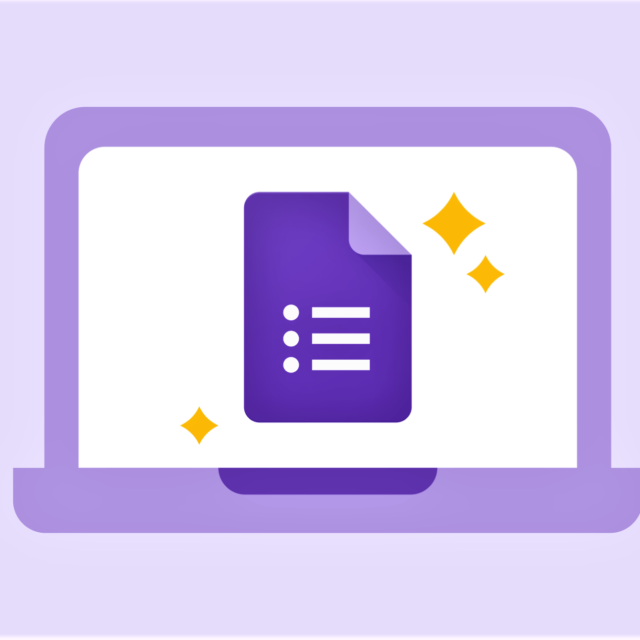Data collection is an integral part of numerous industries, including business, research, and technology. It involves gathering valuable information to gain insights and make well-informed decisions. Without effective data collection methods, organizations would be left in the dark, relying on guesswork rather than evidence-based strategies. Within research settings, data collection serves as a cornerstone for conducting studies and experiments. Researchers employ various methods such as surveys, interviews, observations, or experiments to gather essential data that tests hypotheses or addresses specific research questions. The quality of collected data directly influences the validity and reliability of research findings.
This article will give you all the info about data collection strategies!
Across all industries, accurate data collection plays a pivotal role in driving growth and success. When decision-makers have access to reliable information gathered through systematic approaches like surveys or market analysis reports, they can confidently steer strategic choices toward prosperity. So, let’s recognize the significance of proper data collection by learning the common challenges and ways to overcome them.
Common Challenges in Data Collection
Data collection is an essential process that holds immense value across various fields, including business, research, and technology. However, it is not without its hurdles. As experts in the field of data collection, we understand the intricacies involved and have firsthand experience with the challenges faced during this crucial phase. In this section, we will delve into some of these common issues and provide expert advice on how to overcome them effectively.
1. Ensuring Data Quality: The Foundation for Reliable Insights
One of the foremost challenges in data collection lies in ensuring data quality. Accurate and reliable data forms the bedrock for making informed decisions and drawing valid conclusions. Any compromise on data quality can lead to biased or incorrect analysis, which can have far-reaching consequences for businesses or researchers alike.
To tackle this challenge head-on, experts recommend implementing regular checks to identify errors, inconsistencies, outliers, or missing values within your dataset. By doing so diligently throughout the entire process of collecting information from various sources – be it surveys or interviews – you can maintain a higher level of accuracy within your dataset.
2. Accessibility: Unlocking Hidden Opportunities
Another significant hurdle often encountered when collecting data is accessibility. Depending on the nature of your project or study, accessing relevant data sources may prove difficult or time-consuming due to restrictions imposed by organizations holding vital information or limitations in available resources.
To overcome this obstacle efficiently, as an expert researcher, you would do well to explore advanced tools designed specifically for efficient data collection processes, such as online survey platforms with built-in validation checks. These modern technologies streamline the entire process while improving accuracy levels significantly.
3. Cost Considerations: Balancing Budgets Without Compromising Quality
Cost considerations are also a critical factor when it comes to tackling challenges related to data collection methods effectively. Collecting high-quality data sometimes requires specialized tools or expertise that may come at a price tag. Budget constraints can limit access to certain datasets or hinder efforts to collect comprehensive information.
To navigate this challenge, experts suggest exploring cost-effective alternatives and leveraging available resources wisely. By carefully planning your data collection strategy and making informed decisions about the tools and methods you employ, you can strike a balance between quality and affordability.
4. Ethical Considerations: Upholding Integrity in Data Collection
Ethics plays an indispensable role in any research involving human subjects or sensitive information-gathering processes like surveys and interviews. Ensuring ethical practices throughout the entire process of collecting personal information requires careful planning and adherence to legal guidelines.
As an expert researcher, it is crucial to prioritize ethical considerations by obtaining informed consent from participants, protecting their privacy, and adhering to established guidelines. This not only upholds integrity but also safeguards the rights of those involved in your study.
By addressing these common challenges head-on with expert strategies and tools at your disposal, you can overcome obstacles that may arise during data collection effectively. In the next section, we will explore the benefits of utilizing modern data collection tools and software – empowering researchers like yourself to streamline the process further while maximizing efficiency without compromising on quality.

Overcoming Data Collection Challenges: Strategies and Tools
Data collection, though complex, can be conquered with the right strategies and tools. In this section, we will provide you with expert advice on how to overcome common obstacles in data collection and ensure accurate results.
1. Implementing Robust Data Quality Checks
Maintaining data quality is a significant challenge in the field of data collection. To tackle this issue head-on, it is crucial to implement robust data quality checks throughout the entire process. Regular audits and validations should be conducted to verify the accuracy and completeness of collected data.
2. Harnessing Advanced Data Collection Tools
In today’s digital age, there are numerous advanced tools available that can streamline your data collection process. These cutting-edge tools offer features such as automated surveys, real-time analytics, and customizable reporting options. By leveraging these tools effectively, researchers can save valuable time and effort while ensuring precise data collection.
3. Upholding Ethical Data Collection Practices
Ethics play a vital role when collecting personal or sensitive information for research or business purposes. It is essential to adhere to ethical guidelines by obtaining informed consent from participants, protecting their privacy rights diligently, and securely storing all collected data.
4. Embracing Modern Technology for Streamlined Processes
Modern technology has revolutionized the field of data collection by introducing innovative solutions like Internet of Things (IoT) devices and mobile applications designed specifically for survey management purposes. These technologies empower researchers to collect real-time information remotely without solely relying on traditional methods like paper-based surveys or face-to-face interviews.
By embracing modern technology-driven approaches to gather valuable insights efficiently, researchers gain several benefits, including improved accuracy, enhanced efficiency, real-time analytics, scalability, and data security. In conclusion, conquering challenges in data collection requires a combination of effective strategies and the right tools. By implementing robust data quality checks, harnessing advanced technology-driven solutions, upholding ethical practices, and embracing modern approaches, researchers can overcome common obstacles and achieve accurate results. This not only streamlines the process but also opens up new opportunities for learning and improvement in the field of data collection.
Choosing the Right Data Collection Tools for Your Needs
Selecting the right tools for data collection is crucial. With so many options available, it can be overwhelming. But fear not! As experts in data collection challenges and solutions, we’re here to guide you through choosing the perfect tools.
- Identify your unique data needs. Understand what type of data you need to collect and why. Consider factors like volume, frequency, and accuracy requirements. Determine if real-time updates are essential or if periodic ones will suffice.
- Evaluate cost-effectiveness. Carefully consider the costs associated with different tools. Compare pricing models offered by vendors, including one-time purchases or subscriptions. Take into account training and maintenance costs.
- Embrace user-friendliness. Look for intuitive interfaces that simplify collecting and managing your valuable data. Ensure clear instructions and features that minimize errors during operation.
- Plan for future growth. Choose a solution that can handle increasing volumes without compromising performance or accuracy. Verify if additional licenses or upgrades will be required as your needs expand.
- Prioritize data security measures. Safeguarding sensitive information collected during surveys or research projects is a top priority when selecting a tool. Look for robust encryption protocols, access controls, and compliance with privacy regulations (e.g., GDPR). Assess the vendor’s reputation for protecting customer data.
- Ensure seamless integration. Consider compatibility with existing systems or software. Determine if it can integrate smoothly with other analysis, reporting, or management tools. Look for APIs or connectors that facilitate smooth data transfer between platforms.
By considering these factors carefully, you’ll confidently choose a tool that aligns perfectly with your needs. Remember to prioritize accuracy, ease of use, and security. Investing time in selecting the right tool will ultimately save valuable resources and ensure successful outcomes in all your future endeavors.
Conclusion: Turning Data Collection Challenges Into Opportunities
When it comes to data collection, selecting the right tools is crucial for achieving accurate and efficient results. With a plethora of options available in the market, it can be overwhelming to determine which tool will best suit your specific needs and challenges.
By considering these expert tips when choosing data collection tools, you can ensure that your research projects are conducted efficiently and effectively. Remember to prioritize your specific needs and challenges to find the tool that aligns best with your goals.




